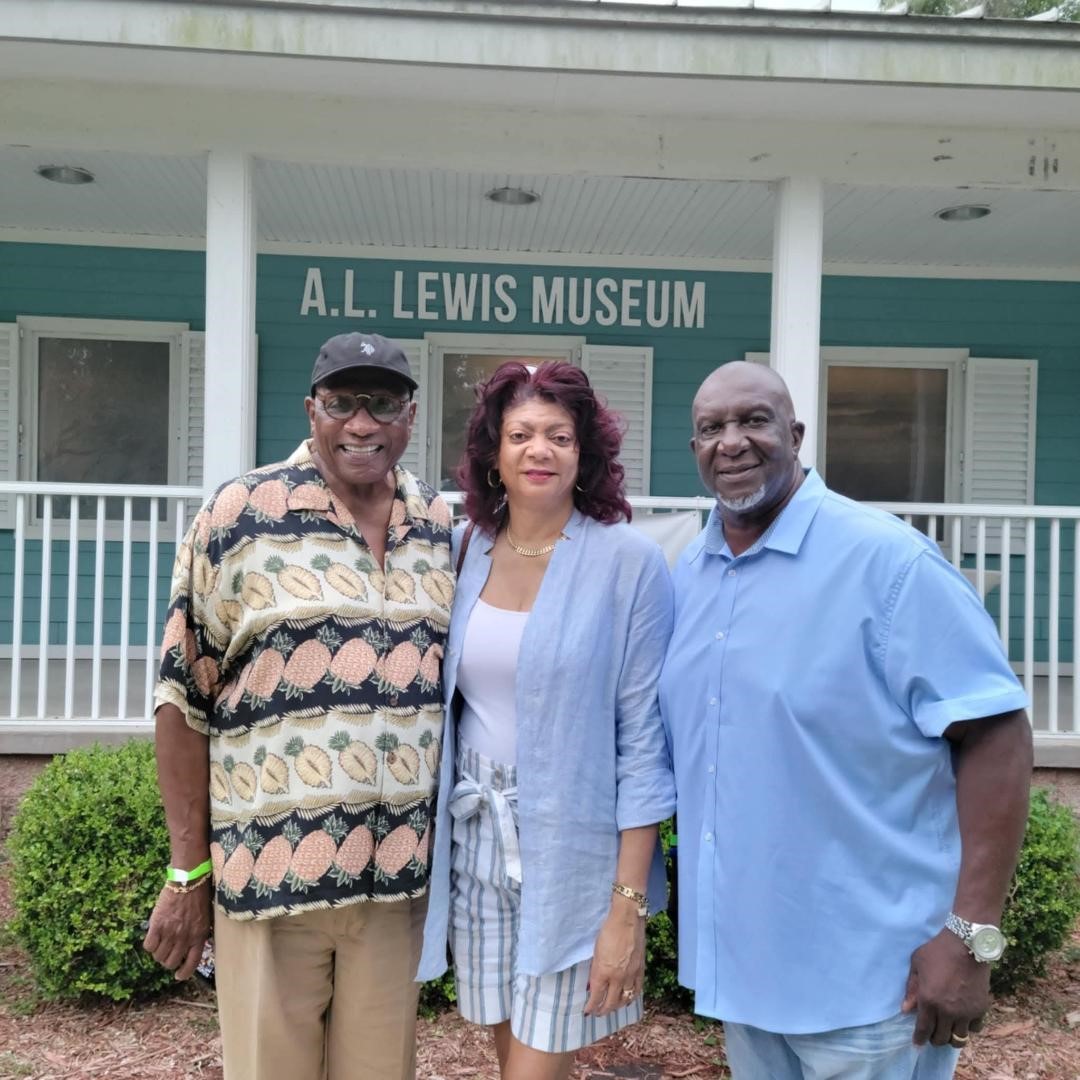
County Made Some Concessions but Harmful Beach Driving Continues | Fernandina Beach, Fla. | Nassau County signed a mediated settlement agreement with Save Historic American Beach Inc. on Wed. Sept 17, 2025. The settlement ends litigation that began in April of this year, when the nonprofit filed a complaint against Nassau County in Federal Court seeking declaratory and injunctive relief to end violations of the Endangered Species Act (ESA) under the citizen-suit provision.
“We believe, and have photographic evidence, that endangered sea turtles have been and are likely to continue to be harmed by beach driving,” said Mark Dawkins, Board President of Save Historic American Beach. “However, the judge in the case made it clear that he would not rule in our favor and instead recommended mediation.”
While the mediated settlement does not end driving and parking on American Beach, the County agreed to take actions that may reduce some of the dangerous conditions beach driving causes, including:
- Enforce existing access restrictions (limited to Nassau County residents, disabled users and active-duty military) and accurately record the names and license numbers of all vehicles entering at Lewis Street;
- Enforce the 1989 law (Senate Bill 1577) allowing driving on the southernly end of Amelia Island from Nassau Sound to the developed resort areas on the Atlantic Ocean side, relieving some of the traffic pressure on American Beach;
- Establish and maintain a 10-foot conservation zone from the permanent vegetation line and review the demarcation at least annually;
- Seek permits as expeditiously as possible to move the beach vehicular access from Lewis Street to Burney Park;
- Prohibit personal property items from being left on the beach overnight as required by Ordinance 23 ½ – 25(b);
- End Shark fishing at American Beach since operating commercial businesses in beach driving areas is prohibited.
“We firmly believe, and have proof, that beach driving threatens our delicate coastal ecosystem and harms endangered sea turtles and other wildlife,” said Dawkins. “We are encouraged by the County’s acknowledgement of our concerns, and we will continue to support all efforts that seek to end beach driving at American Beach.”
About Save Historic American Beach
The beaches of northeast Florida are considered an important nesting area for both Loggerhead (Caretta caretta) and Green (Chelonia mydas) sea turtles that are protected under the ESA. The nonprofit has photographic evidence of sea turtle hatchlings that have been killed by motor vehicle traffic on the beach at American Beach.
Save Historic American Beach, Inc. is a registered nonprofit organization comprised of American Beach residents, property owners and other stakeholders who are committed to protecting the area’s endangered wildlife and preserving the natural beauty and fragile ecology of historic American Beach in Nassau County, Fla. Learn more at www.SaveHistoricAmericanBeach.org.
About Historic American Beach
Located along the picturesque shores of Northeast Florida in Nassau County lies a half mile-long enclave of homes and historic structures known as American Beach. Listed on the national register of historic places, American Beach was a sanctuary for African American families during a time when they were denied access to public amenities including beaches.
In the 1900s, African Americans sought to escape the stress of segregation by retreating to “Black Beach” communities such as Manhattan Beach and Butler Beach. A.L. Lewis, President of the Afro-American Life Insurance Company (the Afro) and a self-made millionaire, wanted to create an oceanfront resort in North Florida where African Americans could enjoy “recreation and relaxation without humiliation” during the Jim Crow era.
On January 31, 1935, A.L. Lewis and the Afro’s Pension Bureau co-founded and opened 33 acres of land north of Franklintown on North Florida’s Amelia Island. Two subsequent purchases brought the size of the new community to 216 acres. A. L. Lewis called the resort community “American Beach.”
Over the next three decades, the American Beach resort became a sought-after destination for celebrities, residents, and visitors alike. African Americans traveled to American Beach from across the southeast to enjoy this “Negro Ocean Playground.”
In 1964, the landscape changed dramatically when Hurricane Dora devastated American Beach, leaving homes and businesses in ruins. While some homes and businesses were rebuilt, American Beach lost some of its land and establishments to decay. In 2002, American Beach was listed as a historic site on the National Register of Historic Places. In recent years, existing and new residents of increasing diversity have sparked renewal and redevelopment of the historic American Beach community.
Link: Executed Mediated Settlement 9-17-25
Photo: Typical Weekend on American Beach
